The Seminar
Overview
The aim of the Seminar, exclusively devoted to the young change-makers, is to facilitate discussions and exchange of ideas among young participants considered to be innovators, by providing a favourable environment and neutral guidance for thinking outside the box, finding common grounds, and exploring solutions beyond national boundaries. Challenging questions are posed to prompt bold answers and the quality of debate is ensured by emphasising mutual respect and self-reflection. Learning is believed to be about sharing experiences, active participation and social encounters.
The Seminar offers a series of plenary lectures, participatory workshops, brainstorming sessions, film screenings, and cultural activities, articulated around three main thematic streams:
- New Dynamics of the MEM region
- Governance, good practices, and policy making
- Cultural narratives
The aim of the Seminar, exclusively devoted to the young change-makers, is to facilitate discussions and exchange of ideas among young participants considered to be innovators, by providing a favourable environment and neutral guidance for thinking outside the box, finding common grounds, and exploring solutions beyond national boundaries. Challenging questions are posed to prompt bold answers and the quality of debate is ensured by emphasising mutual respect and self-reflection. Learning is believed to be about sharing experiences, active participation and social encounters.
The Seminar offers a series of plenary lectures, participatory workshops, brainstorming sessions, film screenings, and cultural activities. Participants are encouraged to reflect on and discuss topics from the following three streams – New Dynamics of the MEM region; Governance, Administration, and Policy Making; Cultural Narratives.
A fourth stream, called ‘Horizontal Stream’, engages young change-makers to work, with the support of a team of facilitators, on project-proposals with a cross-borders approach. In the past two years, the main areas of these project-proposals included: education, culture, political participation, the refugee crisis, job creation, social cohesion, mental health. For more information, see the Lugano Initiative documents (The Lugano Initiative – MEM Summer Summit 2019 and The Lugano Initiative – MEM Summer Summit 2018).
This year due to the Coronavirus pandemic and its consequences, the Summit cannot be held as planned. The circumstances have understandably imposed a review of the format of the MEM Summer Summit 2020. The Seminar did not take place and was replaced by a series of online and onsite events in the MEM region.
New Dynamics of the Middle East Mediterranean Region
This stream aims to give an overview of the complex geopolitical situation and the challenges facing the Middle East Mediterranean region, focusing on topics of current relevance. The analysis ranges from the Levant ravaged by continuing conflicts and torn apart by protests, to North Africa, where the political systems of countries affected by the 2011 uprising have dissolved, and new ones have emerged.
Middle East Mediterranean Region: Governance, Administration, and Policy Making
This stream familiarises participants with diverse traditions of state administration, providing an overview of analytical patterns and practical dynamics. It also focuses on complex issues that affect the Middle East Mediterranean region in terms of administration and governance. It introduces participants to the Swiss political system and to the Swiss government’s foreign policy agenda, programmes and activities as a regional partner.
Middle East Mediterranean Region: Cultural Narratives
This stream explores the role of narratives in capturing various realities in the Middle East Mediterranean region as well as the emergence of new expressions in the figurative arts, cinema, and literature, and the concern for cultural heritage. Creativity and culture are powerful instruments to develop new narratives and achieve a better understanding of Middle East Mediterranean societies. They are also socio-economic driving forces.
Horizontal Stream
A fourth stream, called ‘Horizontal Stream’, engages young change-makers to work, with the support of a team of facilitators, on project-proposals with a cross-borders approach. In the past two years, the main areas of these project-proposals included: education, culture, political participation, the refugee crisis, job creation, social cohesion, mental health. For more information, see the Lugano Initiative document. and (The Lugano Initiative – MEM Summer Summit 2019 and The Lugano Initiative – MEM Summer Summit 2018).
Seminar Programme
Full programme of the Seminar 2020 will be available soon.
Course coordinated by Prof Gilles Kepel, Prof Hela Ouardi, and Dr Federica Frediani
Course coordinated by Prof Jean-Patrick Villeneuve in collaboration with the Swiss Department of Foreign Affairs (FDFA)
Course coordinated by Prof Riccardo Bocco, Prof Silvia Naef, and Dr Federica Frediani
The Università della Svizzera Italiana endorses the MEM Summer Summit Code of Conduct, which is applicable to all individuals participating in the MEM Summer Summit.
Participants
The MEM Summer Summit welcomes young change-makers from the Middle East Mediterranean region and Europe with a proven interest in the region and engagement in the society.

Application
The MEM Summer Summit welcomes applications from candidates:
- aged between 25 and 35
- from the Middle East Mediterranean region and Europe with a proven interest in the region and engagement in the society
- with diverse educational backgrounds and work experience (business, media, human rights, non-govern- mental organisations, politics, technology, culture, art, entertainment, education, and research)
- interested and willing to work on project-proposals with an across border approach with participants coming from all over the region
- with a strong knowledge of English; knowledge of French is an asset
Application process
Applicants must submit a complete application on the online YCM platform.
In addition to completing the forms on the platform, applicants must upload the following documents:
- an up-to-date curriculum vitae
- a motivation letter of no more than one page describing current interests in the MEM region and the MEM Summer Summit
- a short introduction video in English (up to two minutes long), in which the applicant introduces themselves, briefly state why they are the right candidate and how they can contribute to the Summit
- the names and contacts of two referees
Closing date for application
Tuesday 25 May 2021
Grants
A limited number of partial or full grants, offered by sponsors, are available for participating in the MEM Summer Summit 2021.
The full grants cover participation and accommodation costs, and travel expenses; partial grants cover participation and accommodation costs.
Grant request must be submitted with the application on the online YCM Platform.
Seminar Speakers
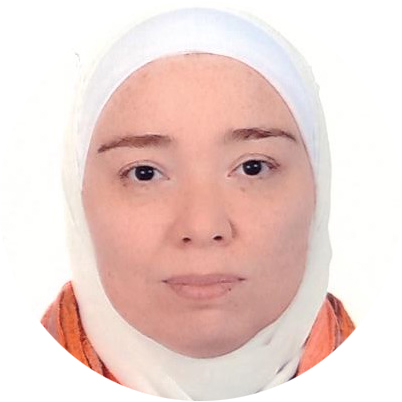
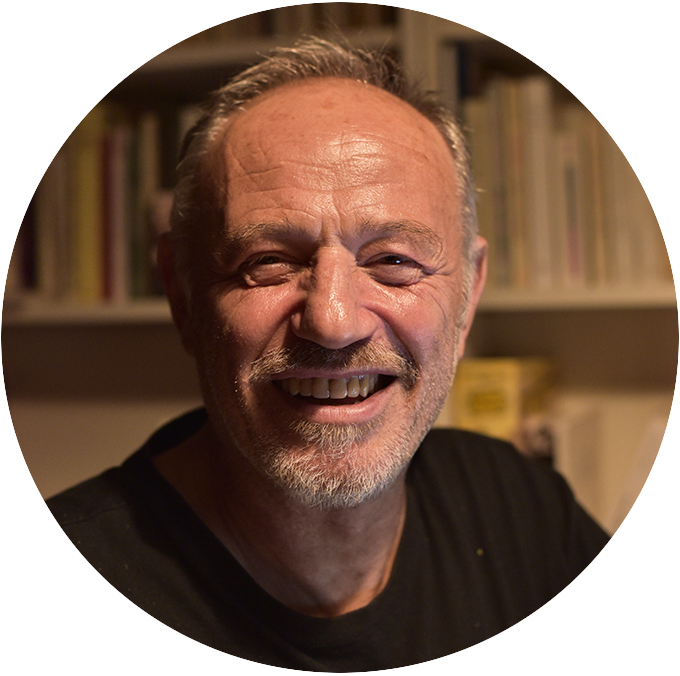
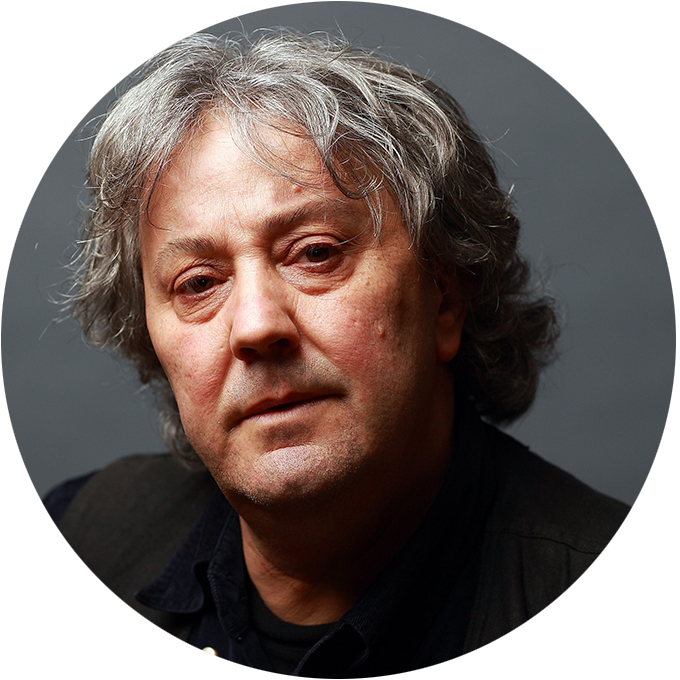
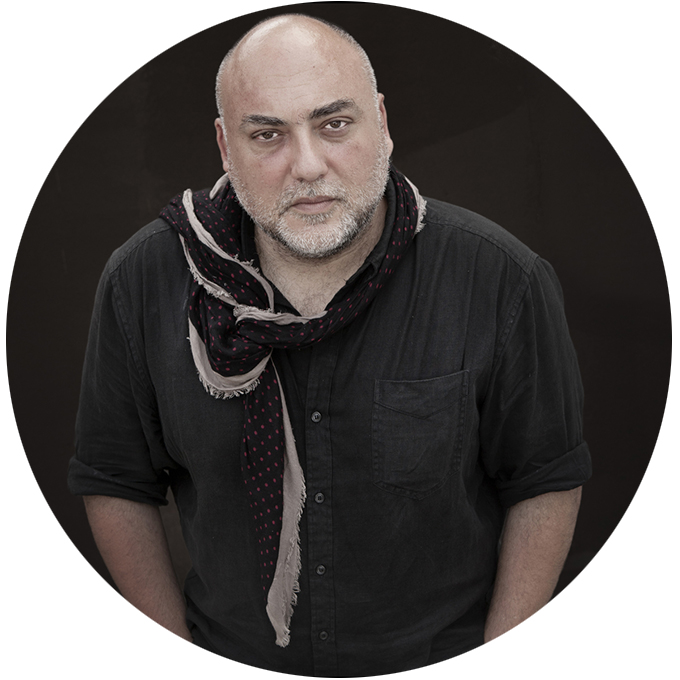
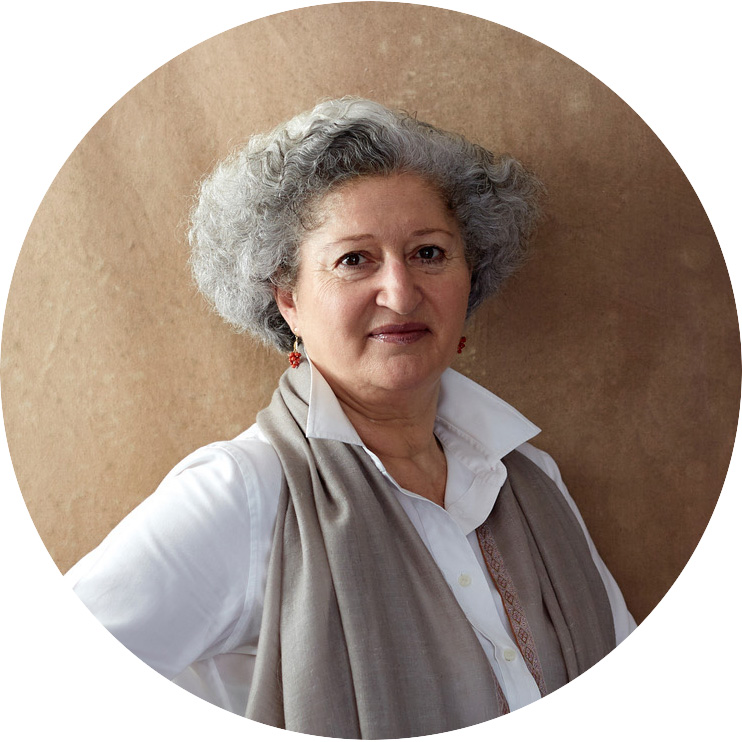
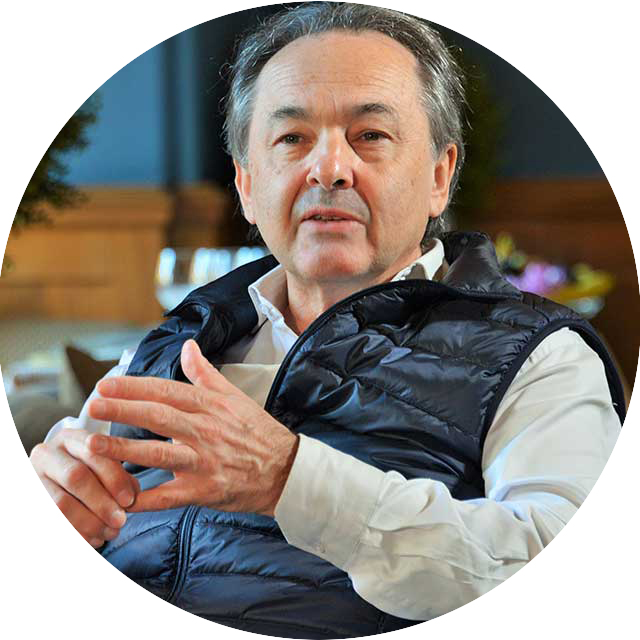
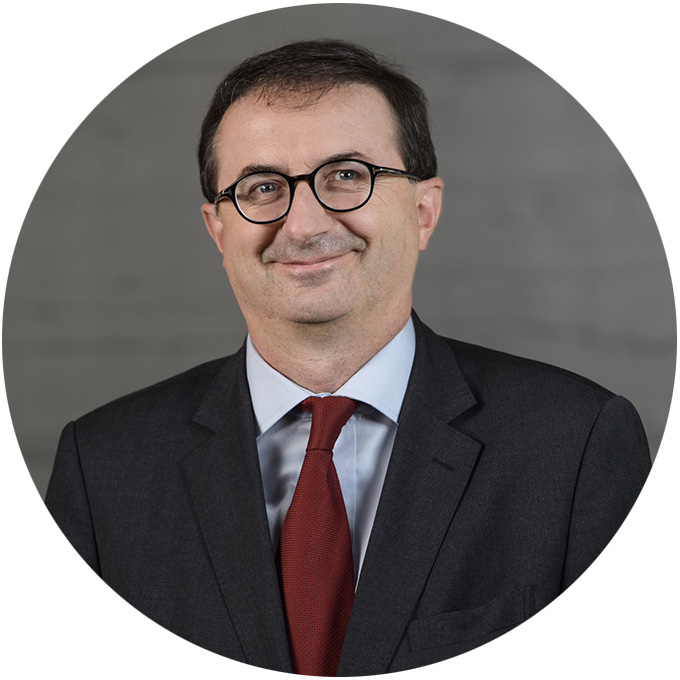
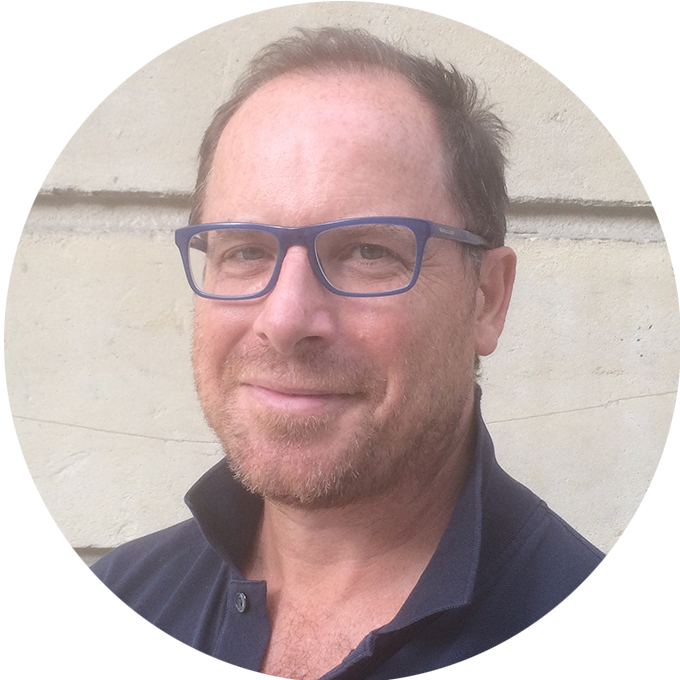
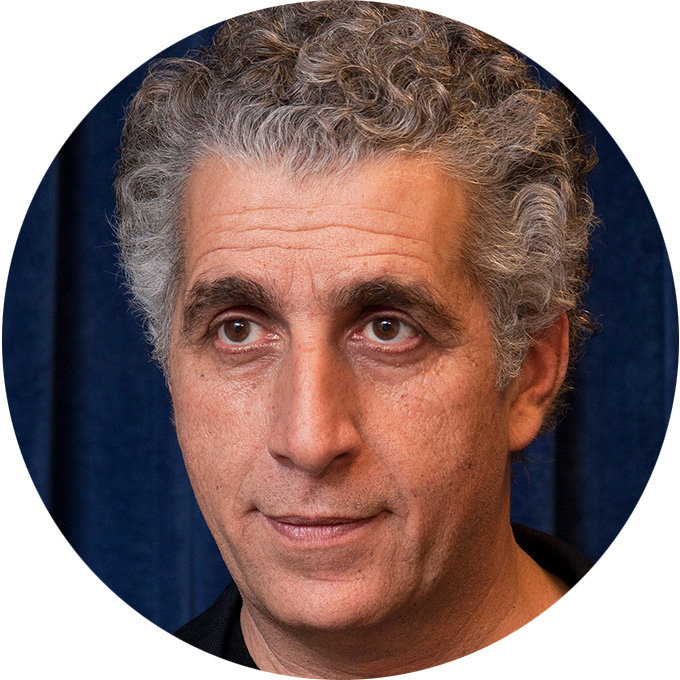
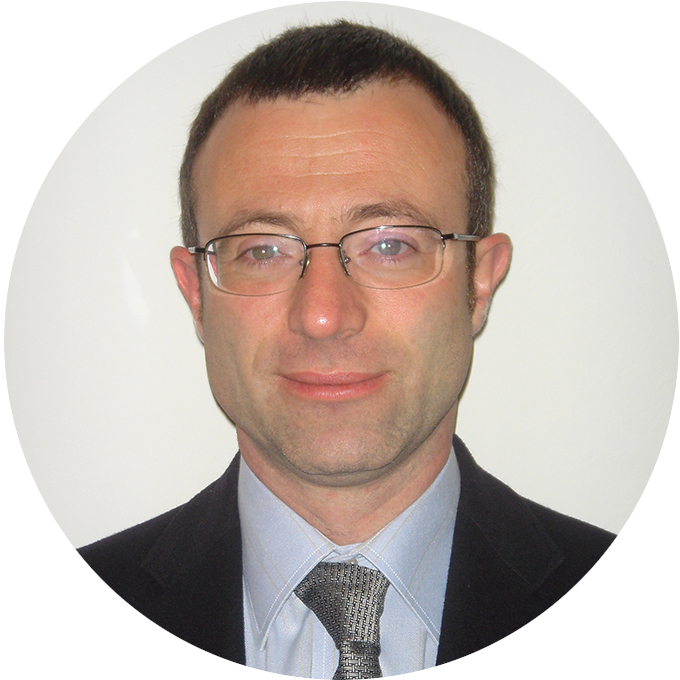
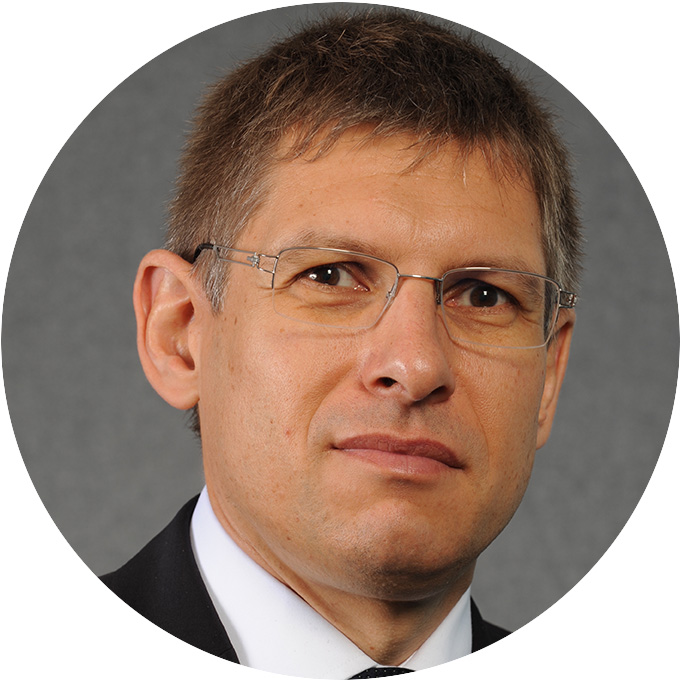

CAROLINE ABU SA’DA
President, ONG SOS Méditerranée, France
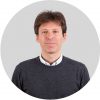
EMILIANO ALBANESE
Professor, Università della Svizzera italiana, Switzerland

ANNA ANTONIOS
Programme Officer, Swisspeace, Switzerland
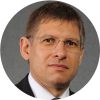
FABRICE BALANCHE
Associate Professor, University of Lyon, France
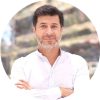
SALEH BARAKAT
Art Expert, Gallery Owner and Curator, Gallery Agial/Saleh Barakat, Lebanon
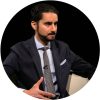
SOUHAÏL BELHADJ
Research Associate, Graduate Institute, Switzerland
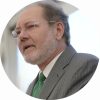
RICCARDO BOCCO
Professor, Graduate Institute, Switzerland
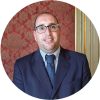
ADHAM DARAWSHA
Assessor for Cultures and Democratic Participation, Municipality of Palermo, Italy
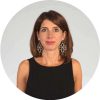
FEDERICA DE ROSSA
Professor and Director, Institute of Law, Università della Svizzera italiana, Switzerland
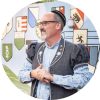
GABRIELE DERIGHETTI
Deputy Head MENA Division, Federal Department of Foreign Affairs (FDFA), Switzerland
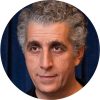
ISHAC DIWAN
Professor, PSL – Paris Sciences et Lettres; École normale supérieure, France

JOLANTA DRZEWIECKA
Professor, Institute for Public Communication, Università della Svizzera italiana, Switzerland
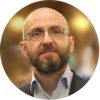
RABIH EL CHAMMAY
Psychiatrist, Saint Joseph University, Lebanon

MARTA FADDA
Postdoctoral Researcher, Università della Svizzera italiana, Switzerland

FEDERICA FREDIANI
Ph.D. Senior Researcher, Educational Program Manager MEM Freethinking Platform, Università della Svizzera italiana, Switzerland

SARA GRECO
Assistant Professor, Faculty of Communication Sciences, Università della Svizzera italiana, Switzerland
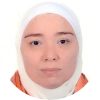
ABIR HAJ IBRAHIM
Co-Founder and Board Member, Modaberoon Network, Syria

MARC-ANDRÉ HALIDMANN
Research Associate, University of Bern, Switzerland
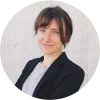
MARLEN HEIDE
Ph.D. Student, Institute for Public Communication, Università della Svizzera italiana, Switzerland
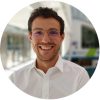
JEAN-JACQUES HIBLE
Policy Analyst, Public Governance Directorate, OECD, Switzerland
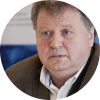
JULIAN HOTTINGER
Expert and Mediator, Federal Department of Foreign Affairs (FDFA), Switzerland
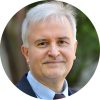
TOMASZ JANOWSKI
Professor and Head of Department of Applied Informatics in Management, Gdańsk University of Technology, Poland; Professor, Danube University Krems, Krems, Austria
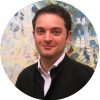
ALEXANDRE KAZEROUNI
Associate Professor, Ecole Normale Supérieure, France

GILLES KEPEL
Professor, PLS Paris Sciences et Lettres-École normale supérieure, France; Adjunct Professor and Scientific director of the Middle East Mediterranean Freethinking Platform, Università della Svizzera italiana, Switzerland
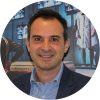
FYRAS MAWAZINI
Country Director for Morocco and Tunisia, Drosos Foundation, Switzerland
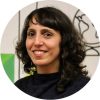
DIMA MOHAMMED
Senior Researcher, Universidade Nova de Lisboa, Portugal
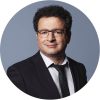
EL MOUHOUB MOUHOUD
Professor, University of Paris Dauphine PSL, France
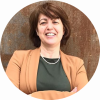
SILVIA NAEF
Professor, Université de Genève, Switzerland
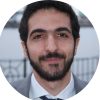
IBRAHIM OLABI
Executive Director and Founder, Syrian Legal Development Programme, Syria

JUANITA OLAYA
Lawyer, Independent Expert; Chair, UNCAC Coalition, Germany
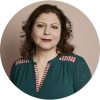
HELA OUARDI
Professor, Université de Tunis, Tunisia

FRANCESCA PIANA
Historian, Université de Genève, Switzerland
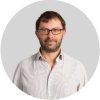
GIOVANNI PICA
Professor, Università della Svizzera italiana, Switzerland
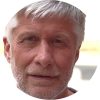
FRANCIS PICCAND
Head, Think-Tank Middle East and North Africa, Federal Department of Foreign Affairs (FDFA), Switzerland

NADIA REDISSI
Training manager, Maison de l’Image, Tunisia
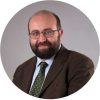
ANDREA ROCCI
Dean and Professor, Faculty of Communication Sciences, Università della Svizzera italiana, Switzerland
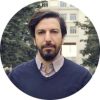
IBRAHIM SAÏD
Research Associate, Centre of Conflict, Development and Peacebuilding (CCDP); Co-founder, Think-Ahead, Switzerland
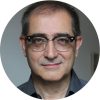
SAMIR
Filmmaker, Producer, Author, and Film Director, Switzerland
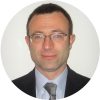
MARK THATCHER
Professor, Libera Università Internazionale degli Studi Sociali (LUISS) Guido Carli, Rome, Italy
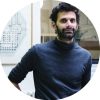
YVES UBELMANN
President and Co-founder, Iconem, France
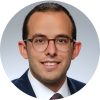
LUCA URECH
Swiss Career Diplomat and Syria Programme Manager, Human Security Division, Federal Department of Foreign Affairs (FDFA), Switzerland

LIISA VÄLIKANGAS
Professor, Hanken School of Economics, Finland

ELINE VAN DER VLIST
Artistic Director, Darat al Funun-The Khalid Shoman Foundation, Jordan
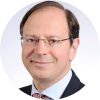
COSTA VAYENAS
Director, Procivis Think Tank, Switzerland

JEAN-PATRICK VILLENEUVE
Professor and Vice-Director, Institute for Public Communication, Università della Svizzera italiana, Switzerland
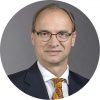
PIO WENNUBST
Vice Director General, Swiss Agency for Development and Cooperation (SDC), Federal Department of Foreign Affairs (FDFA), Switzerland
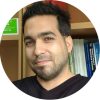
DIMITRIOS XEFTERIS
Assitant Professor, University of Cyprus, Cyprus
Practical information
Transport
To Lugano
By train: Lugano is one of the principal stops on the main European North-South route and can be reached from many cities in the northern and southern part of Europe by direct day or night train connections. Check trains and updated departure times from/to Lugano here.
By plane: The quickest way to get to Lugano from most places abroad, will be through a number of airports listed below:
- From Milano Malpensa: The S50 is the train line that connects Lugano to Malpensa. Check trains and updated departure times here. Direct bus connections to Lugano are available on demand. To make a reservation contact Giosy Tours at +41 79 133 53 23.
- Zurich Airport: As an alternative you might consider flying to Zurich and use the train to travel to Lugano (overall, a 2h journey). There is a direct, hourly train from Zurich main station to Lugano. It is a chance to experience the longest train tunnel in Europe by passing under the Gotthard.
To USI Lugano Campus
By car: The University is located in Via Giuseppe Buffi 13 and can be easily reached by car. The underground University parking lot is passed the second traffic light after the Glass building (The LAB) on your right. If you need to reach the University entrance instead, keep going straight passed the parking lot entrance and turn second right onto via Fusoni. Turn second right onto Via Lambertenghi and keep going straight until the end of the road until you see the University main building in front of you.
By bus from the train station: Go to the bus stop across the street from the train station and take the Nr. 6 bus towards Cornaredo and get off at “Università” (3 stops).
By bus from downtown Lugano: At the bus terminal, take the Nr. 5 bus towards “Viganello” and get off at “Università” (3 stops).
On foot (around 20-25 minutes): Reach the city centre by taking the pedestrian bridge across the street from the train station and follow the road downhill. From Piazza Cioccaro head south to Piazza Dante. Walk across the square and turn left onto Via Pretorio. Cross Via Pretorio to get to the bus terminal. Walk pass the bus terminal and keep heading straight onto Corso Pestalozzi until you reach a big underground car park and the entrance of the Ciani Park. Turn left onto Via Lucchini and keep walking straight until you reach the University main building (Via Lucchini eventually becomes Via Lambertenghi).
Around the city
Lugano has an effective bus system connecting different parts of the city. Tickets must be purchased at the bus stop. All destinations in the city centre can also be easily reached on foot.
